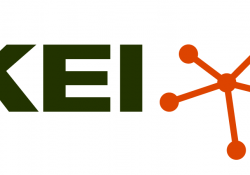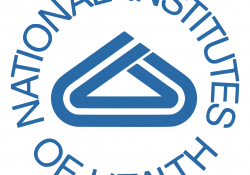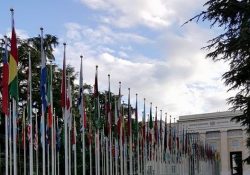WIPO General Assembly 2016: Statement of Knowledge Ecology International on the Report of the SCCR
On Wednesday, 5 October 2016, Knowledge Ecology International delivered the following intervention on the agenda item concerning the Report of the Standing Committee on Copyright and Related Rights (SCCR).
Agenda item 11: Report on the SCCR
244 words
Thank you Chair.
Congratulations to Sylvie Forbin, the highly qualified new DDG for the Copyright and Creative Industries Sector.
KEI welcomes the entry into force of the Marrakesh Treaty, and look forward to additional work at WPO to expand access to knowledge and knowledge based goods.


